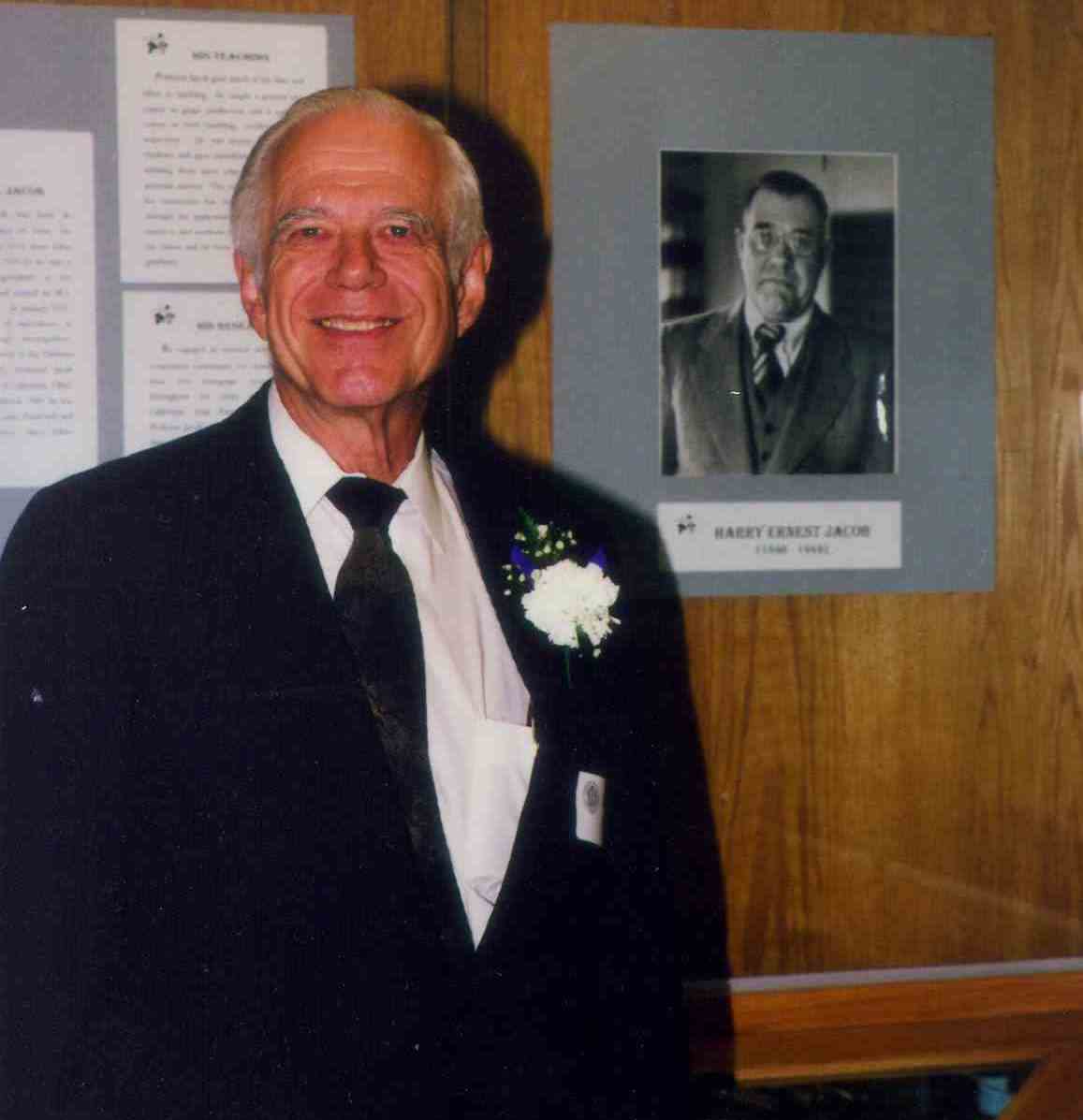
The Harry E. Jacob Research Facility allows UC Davis scientists to study what happens inside the vine and grape during the annual production cycle in a North Coast vineyard. Tannin and color development and their measurements, the identification of aromatic and flavor compounds as they develop in the grape, and the importance of intermediate metabolites will all be studied in the coming years. The Harry E. Jacobs Facility also provides a location for evaluation of new selections obtained through the new grape importation facility.
In many ways, the development of a laboratory in a premium vineyard site was the logical extension of an existing progression: At the University of California's Kearney Agricultural Center, just south of Fresno, the department has access to modern, state-of-the-art laboratory facilities adjacent to research vineyards in the heart of the Central Valley in climatic Region V. At Davis we can study the growth and response of grapes grown in a Region IV climate. The presence of a lab at Oakville in the Region II/III North Coast allows the development of a research program focused on coastal vineyards that can complement work done on grapes grown in interior valleys. Finally, the proximity of interested wineries facilitates the production of small commercial-sized lots of wine from these new trials. Not only will we know what has occurred in the vines, and the composition of the grapes, we are able to engage in formal and informal sensory evaluation of the resulting wines, while remaining confident that the wines reflect commercial scale of operation and standard industry practices.
